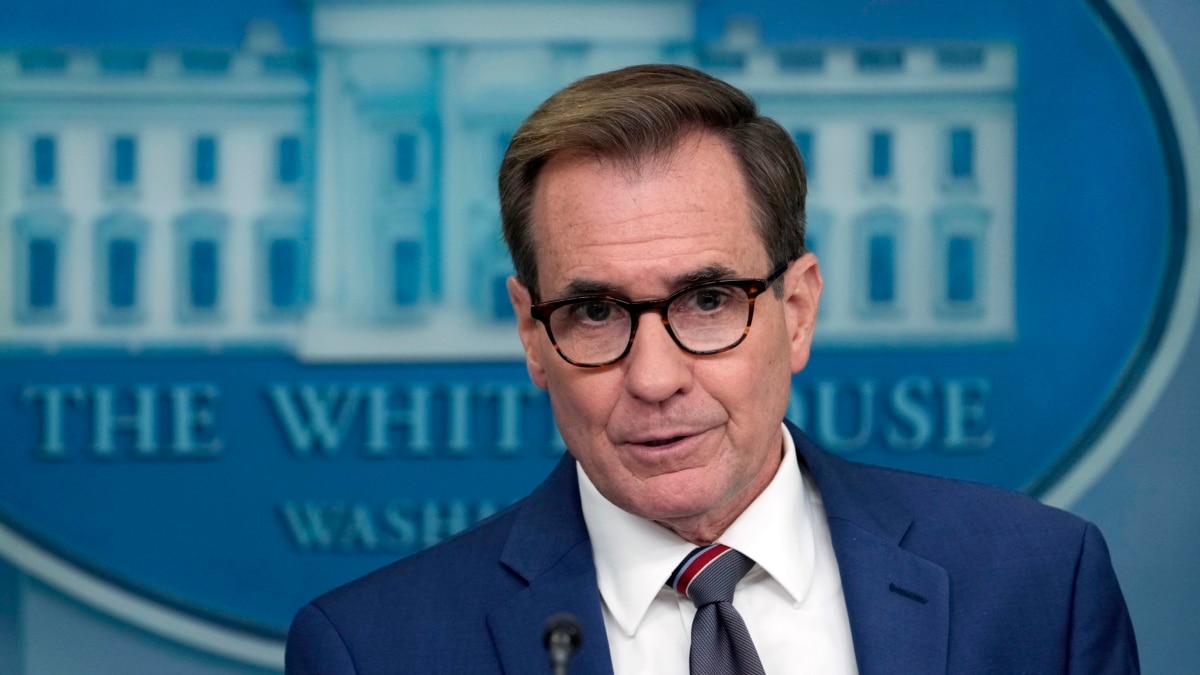More news – Latest news
In the ever-changing landscape of the aviation industry, low-cost carriers are currently reviewing their strategies regarding fleet expansion. This change marks a significant departure from their usual practices, influenced by various market dynamics and economic factors.
Strategic change in fleet management
Recent trends have shown that low-cost carriers, traditionally known for rapidly expanding their fleets to meet growing demand, are now taking a more cautious approach. This shift in strategy comes as these airlines grapple with fluctuating fuel prices, evolving passenger preferences, and geopolitical influences that impact travel.
Economic pressures and operational adjustments
The decision to delay the acquisition of new aircraft is largely driven by the need to optimize operating costs and improve profitability in a difficult economic environment. By postponing these significant investments, low-cost carriers can divert resources to more immediate operational needs, such as upgrading existing fleets to make them more fuel efficient or enhancing digital services to improve the customer experience.
Impact on industry and consumer choices
This strategic pivot is not only reshaping the operational tactics of these airlines, but also impacting the industry as a whole. As low-cost carriers postpone fleet expansions, aircraft manufacturers and suppliers could see shifts in ordering patterns, potentially leading to a cooling of aviation manufacturing. For consumers, this could mean fewer new routes or capacity expansions in the short term, impacting ticket prices and availability.
Future prospects for low-cost airlines
While the current outlook is for a reduction in new aircraft acquisitions, low-cost airlines continue to adapt quickly to market conditions. This agility will be critical to planning long-term growth and navigating the complexities of the global travel industry.
Conclusion
The decision by low-cost airlines to delay new aircraft acquisitions reflects a broader strategy to maintain financial stability and adapt to an evolving market landscape. How these airlines manage these challenges will be critical to determining their resilience and continued success in the competitive low-cost airline industry.
News of interest – Digital media





